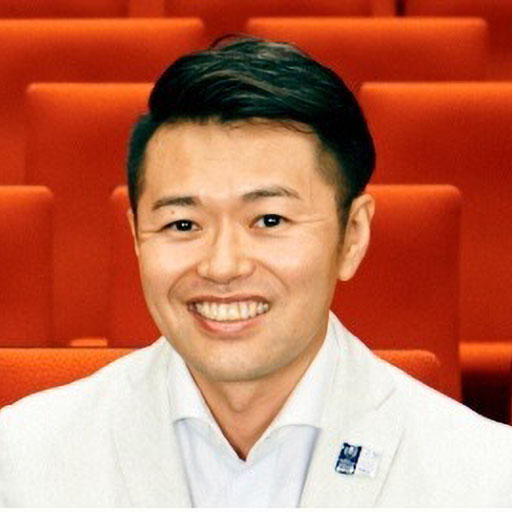Games changer
Keiichiro Yamamoto, Senior Manager of NEC talks to Kaori Hori about the potential of facial-recognition systems to save Tokyo’s Olympic and Paralympic Games
Since 1999, NEC Corporation has been leading the way in developing facial recognition systems. The company’s cutting-edge technology has been used worldwide for fighting crime, preventing fraud, and improving public safety and has ranked the best in the world five times in technical evaluations held by the United States’ National Institute of Standards and Technology.

During the coronavirus pandemic, the system has been redeveloped to keep people safer. “NEC has provided an infection prevention and control solution in the form of facial recognition technology and thermal camera screening to five major airports in Hawaii,” says Keiichiro Yamamoto, Senior Manager of NEC. “We have also paired up with Star Alliance to offer a biometrics identity verification platform at Germany’s Frankfurt and Munich airports since November 2020.”
The challenge is to create a safe environment while maintaining the level of hospitality that will make people want to attend
When the Tokyo 2020 Olympic and Paralympic Games were delayed until 2021, many wondered if the Games would need to be held without spectators or possibly cancelled altogether. Yamamoto believes that with the use of facial recognition technology Tokyo’s summer of sport can go ahead safely. “The challenge for the committee is how to implement sufficient infection prevention and control measures in order to create a safe environment while maintaining the level of hospitality that will make people want to attend,” says Yamamoto. “Through the use of NEC’s facial recognition system, and other innovations, both of these goals can be made a reality.”
Here Yamamoto outlines how NEC, which is a Gold Partner of Tokyo 2020, plans to help ensure safe stadiums this summer.
Mask detection
Throughout the world, the wearing of facial coverings has shown to reduce coronavirus transmission rates, so it is important to ensure that individuals wear masks in congested areas. NEC’s system will ensure that everyone in the Olympic stadium complies with the rules. “Via the use of telephoto cameras, we have made a system to detect people who are not wearing a mask,” explains Yamamoto. “A trial of the system was carried out in November 2020 at Noevir Stadium KOBE. Staff members were dispatched to encourage the wearing of masks after their non-use was detected by the system.”
Congestion monitoring
Social distancing is another proven method for reducing the transmission of the virus. It’s a difficult feat in a sports stadium with thousands of spectators moving around, but NEC can help. “We have created a system for real-time monitoring of congestion levels around kiosks and washrooms,” says Yamamoto. “The system will also detect when the congestion of a monitored area reaches a critical level and guide staff members to it so that they can prevent crowds from forming. In addition, technology for directly informing attendees of congestion via their phones is under consideration.”
Unmanned reception desks
To reduce congestion in stadiums and eliminate bottlenecks, NEC is creating systems that lower the number of staff on site. The starting point is the media reception desk. “By using facial recognition technology for members of the media who have pre-registered, their entrance to a stadium can be performed in a smoother, contactless manner,” says Yamamoto. “The use of thermal camera screening will add a further level of protection, warning of those displaying a high temperature.”
The use of thermal camera screening will add a further level of protection, warning of those displaying a high temperature
Faster payments
To avoid queues at kiosks, NEC has been devising a contactless payment system. “Since 2020, a facial recognition system has been implemented for the payment of food and sale of merchandise at home games of NEC’s women’s volleyball team, the Red Rockets,” says Yamamoto. “Once registered, attendees no longer need to take out their wallets for payment nor show their membership cards for discounts. Sales have actually increased since the system’s implementation.”
Contactless lounge access
“By registering their facial information upon arrival at a stadium, VIPs can access their premium members-only lounge without the need of staff to check their credentials,” says Yamamoto. “In addition, a personalized welcome message can be shown on large digital signs. This functions both as hospitality for the attendees and as a measure to limit contact with staff to a minimum.”